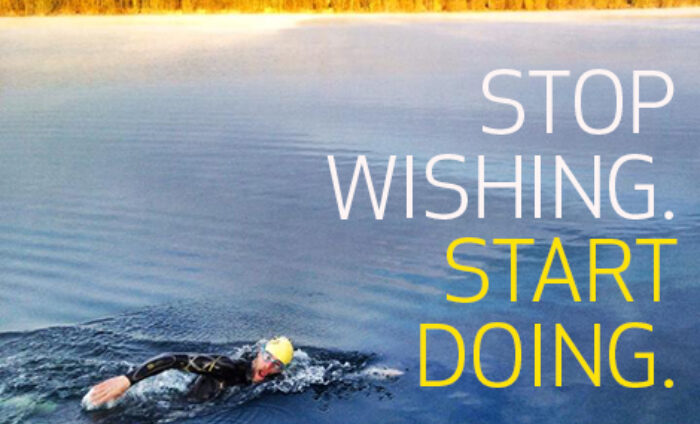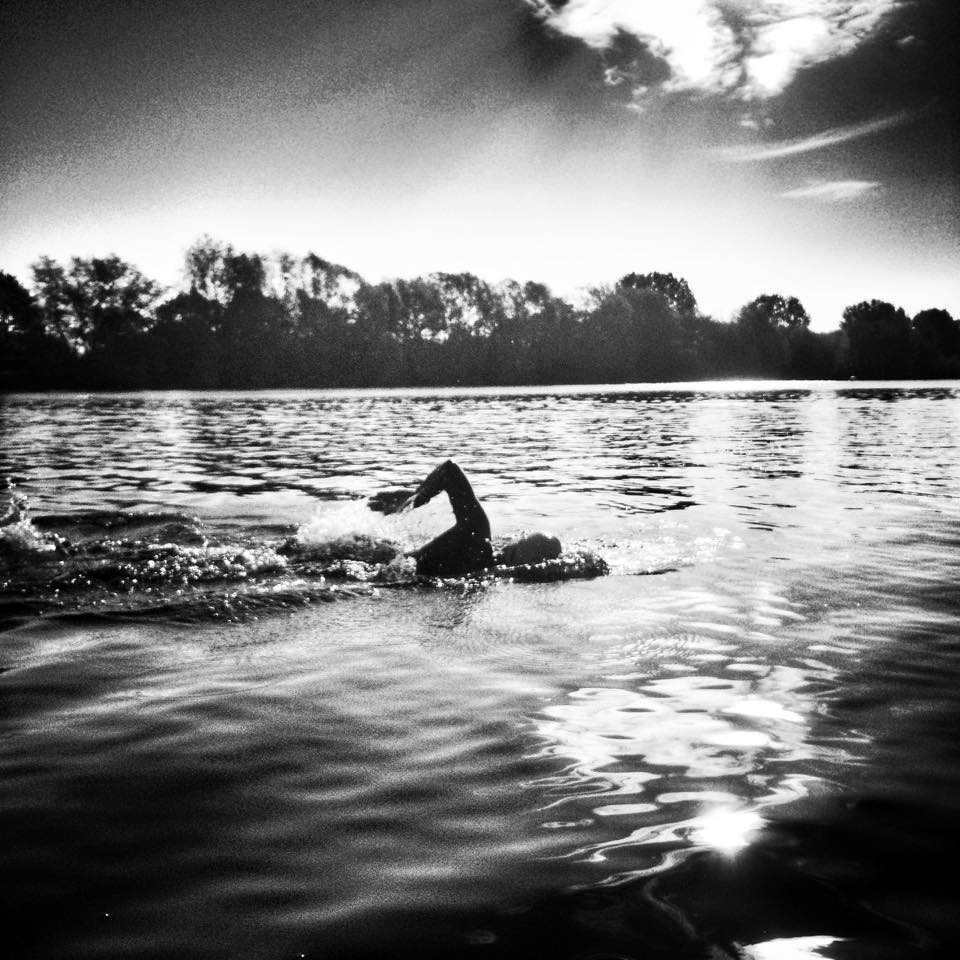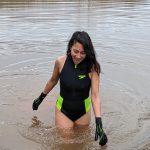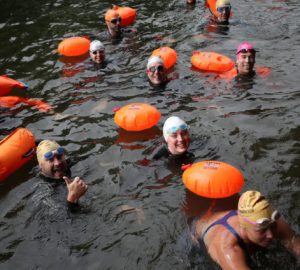
Get the main things right before worrying about the details
If you’ve been swimming for a while, you’ll know there isn’t a secret formula to turn you from plodder to Olympian overnight. Swimming requires a complex sequence of movements to be carried out repeatedly in a medium that offers very little support compared with solid ground. When you watch very fit runners or powerful rugby players trying to learn to swim you immediately see that neither fitness nor strength – or both – will get you through the water quickly unless married to great swimming technique.
It’s therefore understandable and rational that we pay a good deal of attention to technique when we want to improve at swimming – and it’s right that we do so.
But technique isn’t everything. So, before you get obsessed with swimming technique and what you can do to improve yours, we think there are a few other things to take into consideration if you want to make long term progress.
1) Enjoyment
If you’re not enjoying your swimming in some way (and we appreciate there are multiple ways to enjoy swimming) then it becomes a chore – something you just do to keep fit maybe – it’s unlikely you will stick with it and improve. Enjoyment should mostly just happen but can be forgotten if you focus exclusively on an end goal, spend countless lengths doing drills or swim yourself to exhaustion every time you get in the water. Make sure you take a moment to appreciate being in the water each time you swim and be sure to enjoy the sensation of water on your skin, the sound of the bubbles from your breath and your temporary escape from the rest of the world.
2) Consistency
It seems to take two weeks to recover swim fitness for every week you spend out of the water. You should therefore try to swim frequently (we’d recommend at least two to three times per week) if you want to improve, and you should avoid lengthy breaks. This means planning ahead so that if a late meeting is going to scupper a swim you can reschedule one or the other. It means doing your best to stay healthy by eating well and sleeping properly and it means minimising your risk of injury by listening to your body and doing appropriate shoulder conditioning exercises.

3) Mindfulness
Mindfulness is a trendy concept at the moment but focusing on the present moment while swimming, and developing your awareness of what all the different parts of your body are doing, is fundamental if you want to make changes. Our vision and hearing are diminished in the water, which means it’s a great time to focus on what we feel. Feel how your hands slice (or slap) into the water; feel how the flick of your foot connects to your hip and helps drive your arm forward; feel how your body responds to changes in effort.
4) Pacing
We discussed this at length last week and it is definitely a fundamental skill in swimming, especially long distance open water swimming. However fast or slow a swimmer you are, if you want to complete a long distance open water challenge, you need to know what your sustainable pace feels like. Combine mindfulness of how your body feels with judicious use of a watch or pace clock to find a swim speed that you can maintain for distances from 200m up to whatever distance you want to swim.
When it comes to swimming technique, you need to prioritise too. It’s no point, for example, worrying whether you should have a 2mm or 4mm gap between your fingers if you’re struggling to keep the lower part of your body near the surface. Does it matter if your elbow is bent at 45 or 60 degrees during the recovery if you kick predominantly from your knees and struggle to breathe?
If you’re new to swimming, you will almost certainly have a lot of technical areas in which you can improve. In fact, the list can be so long you don’t know where to start, which is why some people get fixated on minor details before they’ve dealt with major flaws. Instead, ask a coach to give you one or two things to work on only. Learning is a circular process not a linear one. You might spend some time working on your kick, then your rotation, then your catch, and then returning to your feet to see if further improvements can be made now you’ve made changes elsewhere. But remember, you can only really improve your technique if you’re enjoying what you do, you’re consistent, you’re mindful and you know how to pace your efforts so that you can concentrate on technique rather than fighting through the water because you’ve exhausted yourself too quickly.







